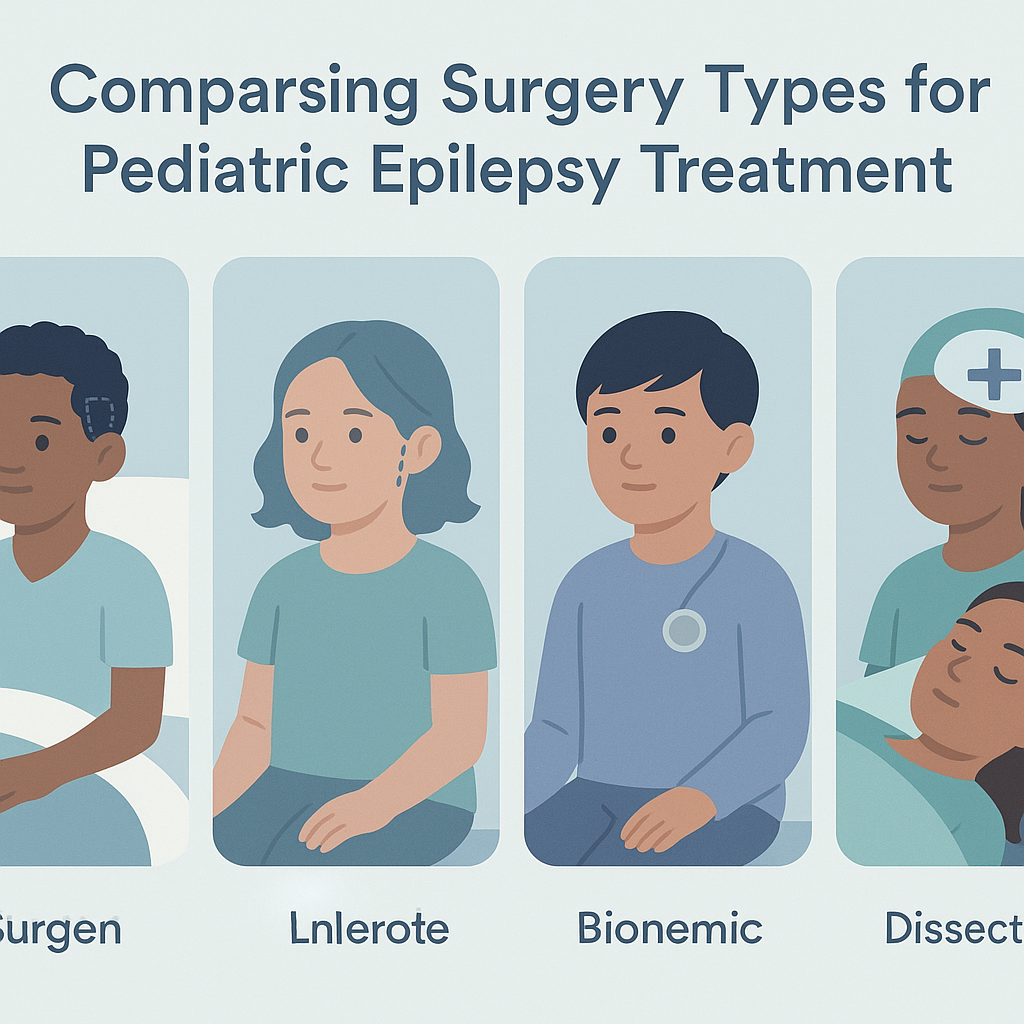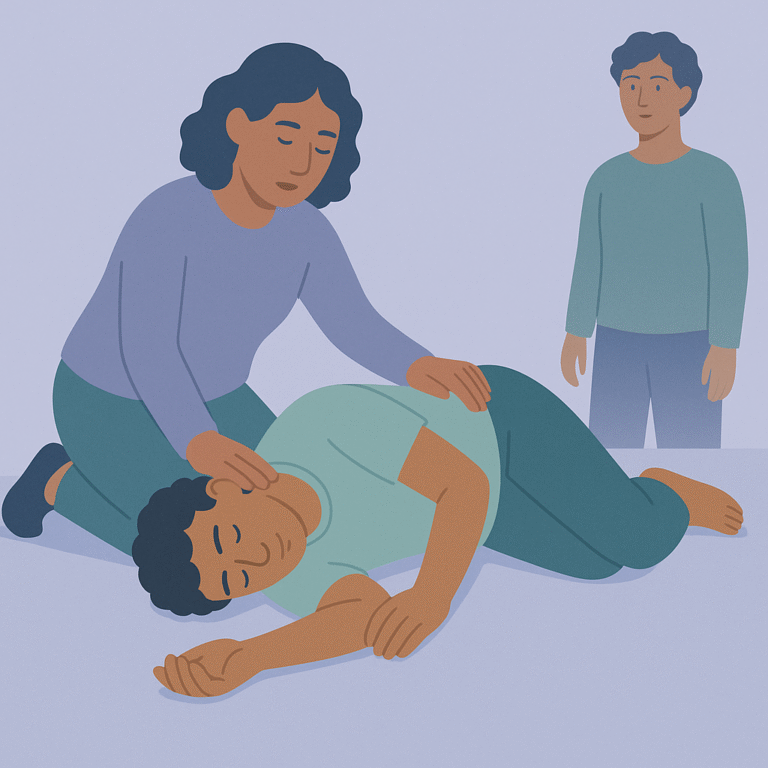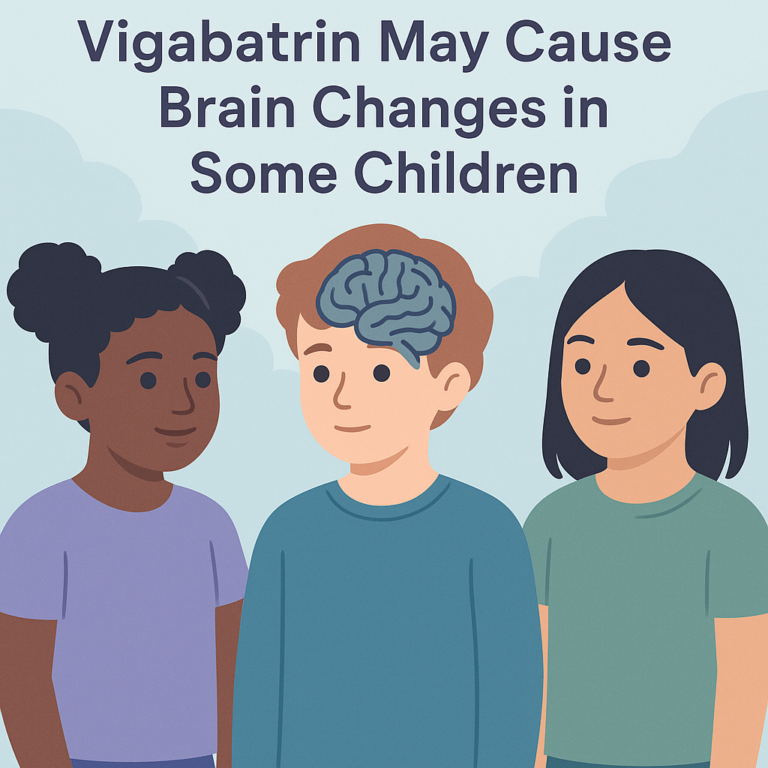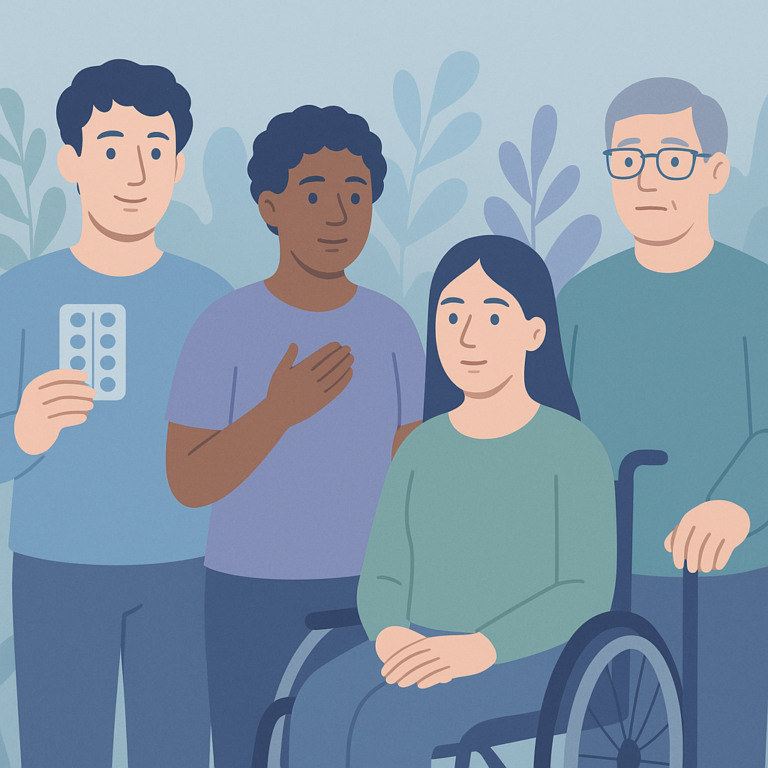Comparing Surgery Types for Pediatric Epilepsy Treatment
Source: World neurosurgery
Summary
This study looked at different types of corpus callosotomy (CC), a surgery used to help children with severe epilepsy that doesn't respond to medication. Researchers reviewed 66 studies involving 1,349 patients to compare three types of CC: anterior (ACC), posterior (PCC), and total (TCC). They focused on how well these surgeries reduced seizures and what complications might arise after the procedures.
The results showed that all three types of CC were effective in reducing seizures, with no significant differences in overall seizure reduction rates. However, PCC was particularly effective at reducing drop attacks, which are sudden falls caused by seizures. Additionally, PCC had the lowest risk of a complication called disconnection syndrome (DCS), while TCC had the highest risk of this issue. Complications like hydrocephalus (fluid buildup in the brain) were very rare, and there was only one reported death among the patients studied.
These findings are important because they help doctors understand which type of CC might be best for reducing seizures and minimizing complications in children with epilepsy. However, the study also had limitations, such as differences in how the original studies were conducted, which could affect the results. More standardized reporting in future research could help clarify these differences and improve patient care.
Free: Seizure First Aid Quick Guide (PDF)
Plus one plain-language weekly digest of new epilepsy research.
Unsubscribe anytime. No medical advice.





